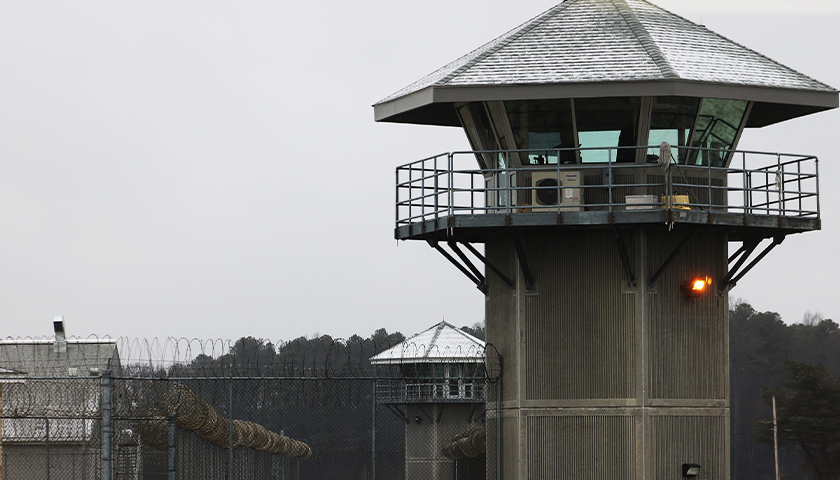Based on population shifts reflected in 2020 Census Data, Southwestern Virginia is likely to lose a House of Delegates district, according to the Virginia Public Access Project. On top of that, HB 1255, a 2020 bill passed by the General Assembly, now requires incarcerated people to be counted at the address where they were living prior to their incarceration.
That’s a problem for some districts with a significant number of prisons, including Senate District 38, where Senator Travis Hackworth (R-Tazewell) was recently elected. Hackworth is part of a group of Southwestern Virginians suing the Virginia Redistricting Commission, the state board of elections, and the Virginia Department of Elections to block the change where incarcerated people are counted.
“Virginia prisons are typically located in rural districts with greater Republican voting strength, particularly in the Southside and Southwest regions of the Commonwealth in which Petitioners are voting permanent residents (and, in Petitioner Hackworth’s case, an elected state senator,)” court documents state, noting that incarcerated people do use local infrastructure.
“Artificially reducing the populations of these areas to reassign their non-voting populations to other parts of the Commonwealth creates real and significant funding and planning problems for Petitioners’ rural communities,” the documents state. “Petitioners will still bear all of the responsibility to care for the people in their prisons, without any of the political representation they would otherwise be entitled to receive.”
The plaintiffs argue that HB 1255 was passed by the General Assembly as a way to maintain control of what was meant to be an ostensibly independent redistricting process approved by voters in a constitutional amendment.
“House Bill 1255 was not proposed as a constitutional amendment and was never submitted to Virginia voters for their consideration, yet it purported to supersede—and in some cases, contradict—the criteria that actually were popularly approved,” the documents state.
Later, they state, “The General Assembly could thereby avoid jumping in front of the moving train of redistricting reform because it rested content with the knowledge that it remained in the driver’s seat.”
In an August 13 press release, the plaintiffs said, “After voters removed redistricting authority from the legislature, the Virginia General Assembly passed legislation undercutting that authority and independence by forcing a set of its own criteria on the Commission. The Commission must be allowed to work outside the stranglehold of the legislature and must not be forced to draw districts based on the legislature’s criteria.”
On Tuesday, legal counsel advised the Commission not to comment on pending litigation.
Rural Republicans are not the only people complaining about legislative influence in the redistricting process. Progressive activists and Democratic citizen members of the commission have expressed concerns about the role of legislators appointed to the council. Additionally, on Wednesday, Bob Holsworth, who helmed Governor Bob McDonnell’s 2011 redistricting advisory commission, issued a statement echoing those concerns.
“Giving eight of the 16 slots on the Commission to legislators removed its ‘independence.’ Requiring supermajority votes from both legislative and citizen members, intended to promote consensus, makes deadlock an equally likely outcome,” Holsworth wrote.
– – –
Eric Burk is a reporter at The Virginia Star and The Star News Network. Email tips to [email protected].




